Anti-Inflammatory Effect: Coffee with Milk
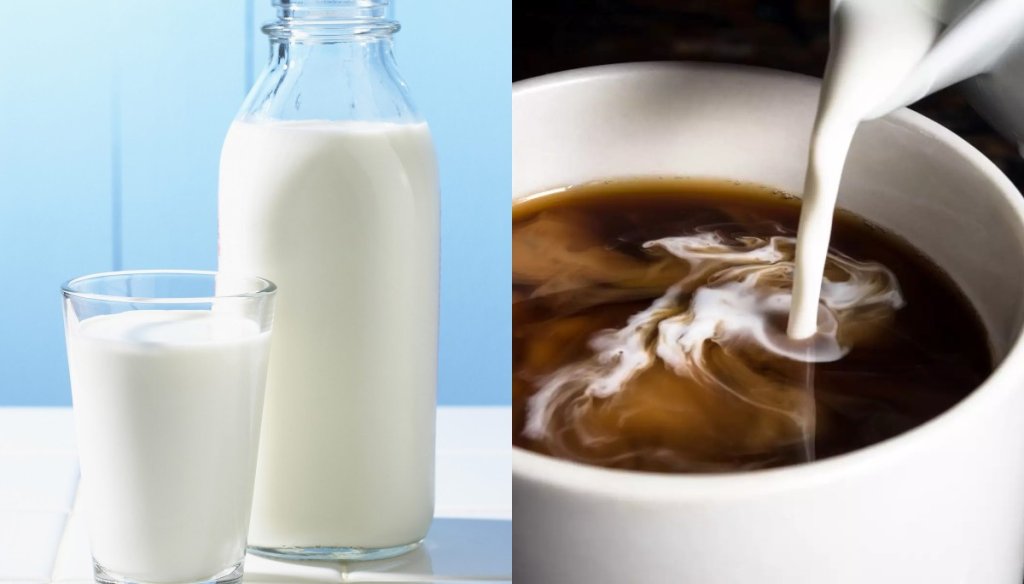
Could something as simple as a cup of coffee with milk have an anti-inflammatory effect in humans? Apparently not so, according to a new study from the University of Copenhagen. A combination of proteins and antioxidants doubles the anti-inflammatory properties in immune cells. Researchers hope to be able to study the health effects on humans.
When bacteria, viruses, and other foreign elements enter the body, our immune systems react by deploying white blood cells and chemicals to protect us. This response, commonly known as inflammation, also occurs when tendons and muscles are heavily loaded and is characteristic of diseases such as
Antioxidants known as polyphenols are found in humans, plants, fruits and vegetables. This cluster of antioxidants is also used by the food industry to slow down the oxidation and degradation of food quality, thereby preventing taste and rancidity. Polyphenols are also known to be healthy for humans as they help reduce the oxidative stress that causes inflammation in the body.
However, there is much that is unknown about polyphenols. Relatively few studies have investigated what happens when polyphenols react with other molecules, such as proteins, which are then mixed into the foods we consume.
In a new study, researchers in the Department of Nutritional Science, in collaboration with researchers from the Department of Veterinary and Animal Science at the University of Copenhagen, investigated how polyphenols behave when combined with amino acids, the building blocks of proteins. The results are promising.
“In the study, we showed that when a polyphenol reacts with an amino acid, we show that its inhibitory effect on inflammation in immune cells is enhanced. Therefore, it is clearly conceivable that this cocktail could also have a beneficial effect on inflammation in humans. We, Professor Marianne Nissen Lund, from the Department of Nutritional Science, who led the research, said. We will initially do more research on animals. “From now on, we hope to receive research funding that will enable us to study the impact on humans.”
The study has just been published in the Journal of Agricultural and Food Chemistry Academic Magazine.
Twice as good at effort with inflammation
To investigate the anti-inflammatory effect of combining polyphenols with proteins, the researchers applied artificial inflammation to immune cells. Some cells received varying doses of polyphenols that reacted with an amino acid, while others received only one-to-one doses of polyphenols. A control set did not receive anything.
The researchers observed that immune cells treated with the combination of polyphenols and amino acids were twice as effective at dealing with inflammation than cells to which only polyphenols were added.
“It’s different now that we’ve observed the anti-inflammatory effect in cell experiments. And frankly, this has made us more interested in the health effects of mana in more detail. Because of that, the next step will be to study the effects on animals,” says the senior author of the study at the same time. Associate Professor Andrew Williams from the Faculty of Health and Medical Sciences, Department of Veterinary and Animal Sciences.
Found in coffee with milk
Previous studies by researchers have shown that polyphenols bind to proteins in meat products, milk and beer. In another recent study, they tested whether the molecules could also bind together in a coffee drink with milk. Indeed, coffee beans are full of polyphenols, while milk is rich in protein.
“Our results show that the reaction between polyphenols and proteins also occurs in some of the milk coffee drinks we examined. In fact, the reaction happens so quickly that it has been difficult to avoid in any of the nutrients we’ve studied so far,” says Marianne Nissen Lund.
Therefore, the researcher has no difficulty in imagining that the response and potentially beneficial anti-inflammatory effect also occurs when proteins and other foods composed of fruits or vegetables are combined.
“I can imagine that if you make sure you add a measure of protein, such as milk or yogurt, there will be something precedent, for example, in a veggie stew or a smoothie,” says Marianne Nissen Lund.
Industry and the research community have considered the most important advantages of polyphenols. That’s why they’re working on how to add real amounts of polyphenols to foods to get the best quality. New research results are also promising in this context:
“Since humans don’t absorb as much polyphenols, many researchers are exploring how to encapsulate polyphenols in protein structures that increase their absorption in the body. This strategy has the added advantage of increasing the anti-inflammatory effects of polyphenols,” explains Marianne Nissen Lund…
The research is funded by the Danish Independent Research Fund and is carried out in collaboration with the Technical University of Dresden in Germany.
Polyphenol Facts
- Polyphenols are a naturally occurring set of antioxidants that are valuable to humans.
- It prevents and delays the oxidation of healthy chemical elements and organs in our body, thus protecting them from damage or destruction.
- Polyphenols are found in a variety of fruits and vegetables, tea and coffee.
- Due to their antioxidant properties, polyphenols are used in the food industry to minimize the oxidation of fats, to prevent the deterioration of the quality of foods, and to prevent tastelessness and rancidity.
Story Source:
provided by . Note: Content can be edited for style and length.
Journal References:
- Jingyuan Liu, Mahesha M. Poojary, Ling Zhu, Andrew R. Williams, Marianne N. Lund. Phenolic Acid-Amino Acid Extensions Show Significant Immunomodulatory Effects in Macrophages Compared to Major Phenolic Acids. Journal of Agriculture and Food Chemistry , 2023; DOI:
- Mahesha M. Poojary, Michael Hellwig, Thomas Henle, Marianne N. Lund. The covalent bond between polyphenols and proteins: synthesis of caffeic acid-cysteine and chlorogenic acid-cysteine adducts and their quantification in dairy beverages. Food Chemistry , 2023; 403: 134406 DOI:
- On-Site Comments


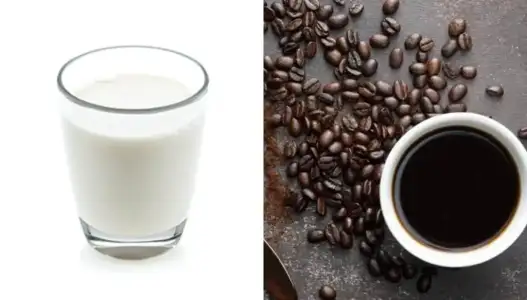


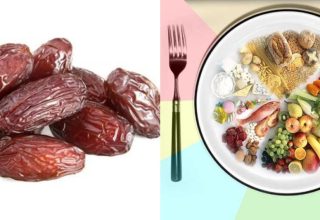


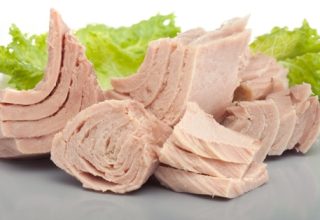



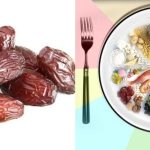

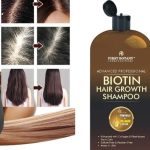
Comment